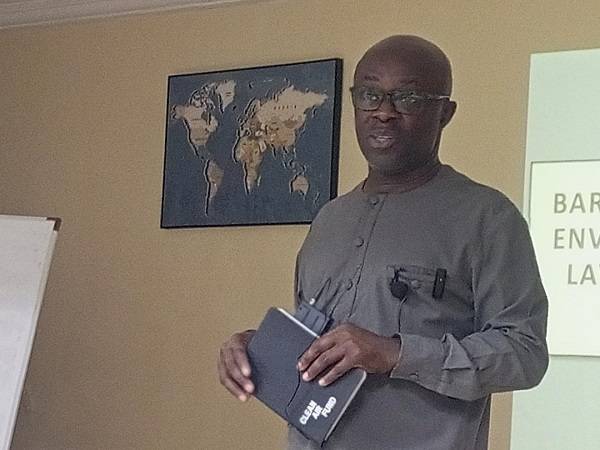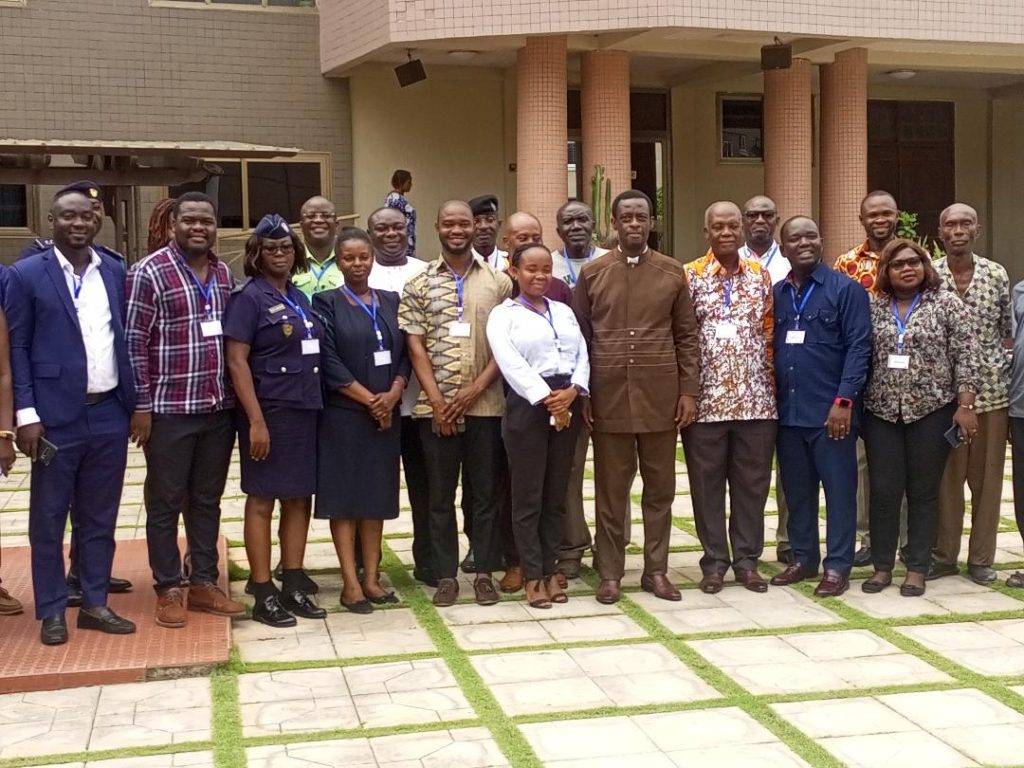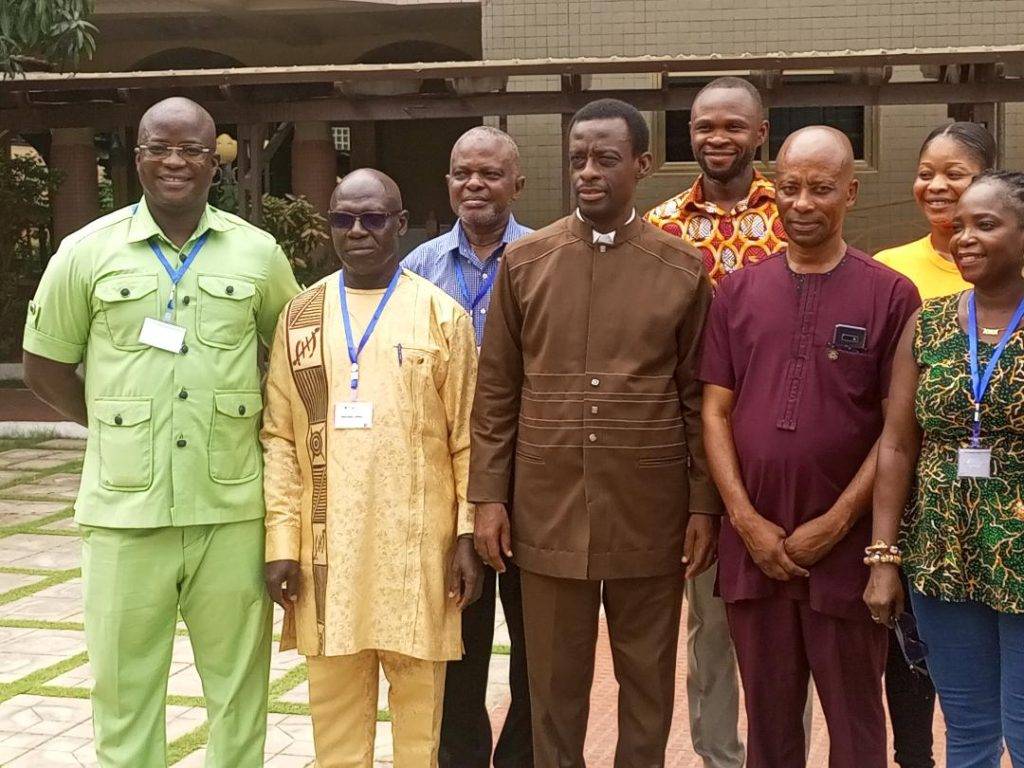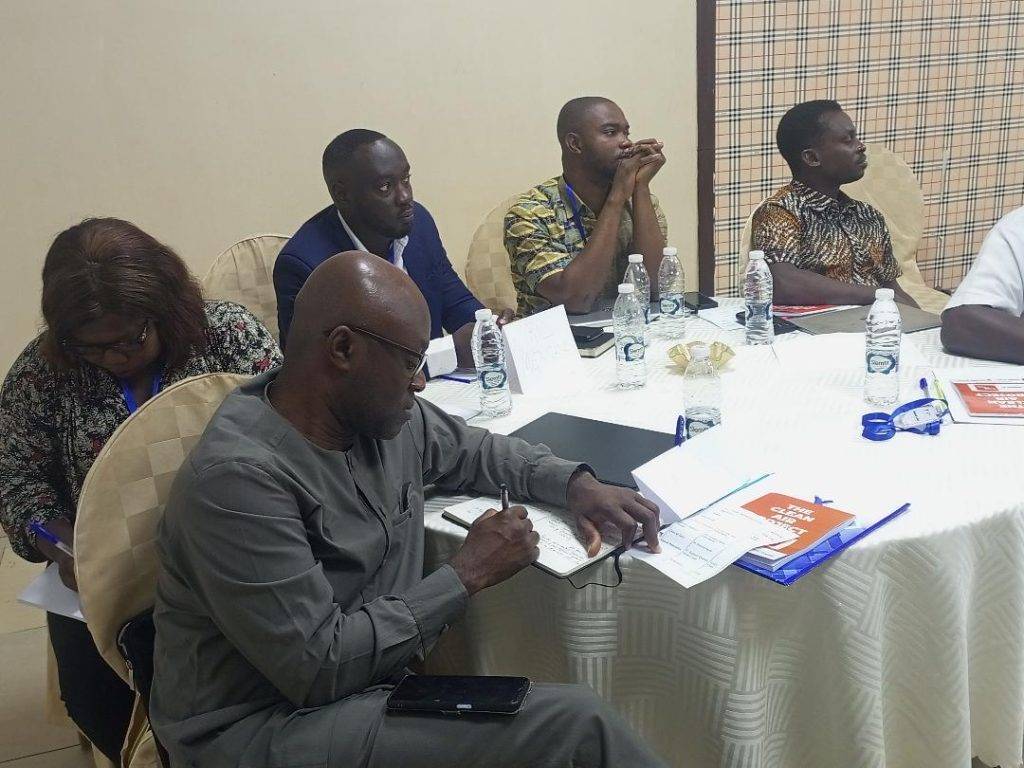
About 28,000 people died from air pollution related diseases in Ghana, according to a World Health Organisation (WHO) 2018 report, Country Lead, Clean Air Fund, Mr Desmond Appiah, has revealed.
“Air pollution is a silent killer, it’s very real and the impact is enormous . Again, World Bank reports indicated Ghana is losing about $2.5 billion due to poor air quality. We need to take decisions to influence public policy, improve air quality and rebrand our legal regime,” he stressed.

Mr Appiah made these revelations on Tuesday at the opening of a three- day workshop on a project dubbed “Barriers to full enforcement of environmental regulations to manage air pollution in Ghana” held in Takoradi, in the Western Region.
It was organised by the Department of Biological, Environmental and Occupational Health, University of Ghana, Legon, to critically examine factors that undermine poor implementation and enforcement of pollution regulations, and laws that apply to road traffic.

It will also tackle accountability challenges including institutional, legislative, human and procedural barriers.
Again, the workshop, first stakeholders’ event organised in the regions, also hopes to develop recommendations to guide the development of ideas to create an enabling environment to help the implementation of regulations by relevant mandated authorities.
The project has come at a time that experts have noted road traffic as major source of particulate matter emissions in urban areas, contributing to diseases like hypertension, asthma, lung cancer and cardio vascular morbidity.

Mr Appiah said, Ghana, despite being a leader in air pollution prevention and management, enforcement of legal instruments and regulations was lacking in the country.
Globally, he reported that, about 7 million people who die annually due to air pollution, with more than 1.1 million recorded in Africa, adding that the figure was second to HIV and AIDS.
The project lead was concerned about the volumes of refuse piling up in communities and neighbourhoods, especially within the Takoradi market circle.
“It’s easy to say it, but, how do we stop the problem, what is the solution?” Is it the problem of enforcement?” Mr Appiah asked.
He explained that the workshops aimed at rebranding regulatory regime on air quality and pollution, give stakeholders some understanding of issues, build capacity and resources of institutions in waste management to make real impacts on public health.
Mr Appiah proposed that society needs to reap the full benefits of environmental regulations and make it influence positively on air quality and for the good of the economy.
In his address, the Western Regional Minister, Kwabena Okyere Darko-Mensah, thanked the Department of Biological, Environmental and Occupational Health, School of Public Health-Legon, for the advocacy campaign workshop on the management of air pollution in Ghana.
“Air pollution has unfortunately been with us over the time, and it is gradually gaining grounds on our urban roads which is unfavourable to our environment and a major threat to our health. We must discuss the effective ways to regulate and improve air quality in our communities,” he said.
The project lead, Dr Reginald Quansah, said “People’s views are important so that we give specific solutions and fix the problems. We need to tackle the problems on air pollution. We are building a bank of solutions- We”ll look at our strengths, weaknesses, opportunities and threats.”
FROM CLEMENT ADZEI BOYE, TAKORADI
CAPTION PIC 1,6 Mr Appiah addressing the participants.pic2. Mr Darko-Mensah(middle) in a pose with participants. PIC 3 Mr Darko-Mensah(middle) in a pose with facilitators.Third left is Project Lead, Dr Reginald Quansah.
